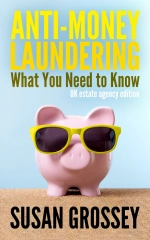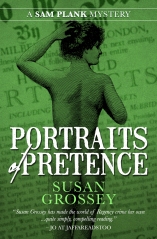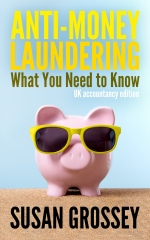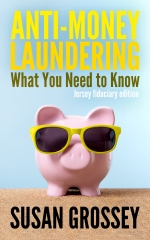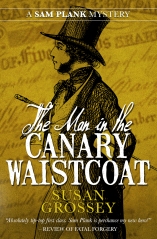Recently I watched the film “The Fifth Estate”, about WikiLeaks and Julian Assange – and, along the way, also about the nature of privacy, the meaning of security and the impact of hypocrisy. The Panama Papers have raised similar issues, as have other leaks of confidential information from – among others – the financial sector. And the film made me think about my own attitude to information – both giving my own, and encouraging/demanding clients to give theirs.
The hypocrisy comes in because I, in common no doubt with most of you and despite our commitment to AML, am irritated when I am asked to provide proof of my identity, income or whatever. Sometimes I will mutter something ill-tempered about being in AML and knowing all about the requirements, thank you very much, and suggesting that surely the information they already have on file about me will be sufficient. Sometimes it is and sometimes it isn’t – depending, as we know, not on the legislation but on the individual firm’s (and sometimes the individual employee’s) interpretation of the requirements. But what I am railing against is not the supply of information – after all, I have nothing (or at least nothing financial!) to hide. I am annoyed by having to find the documents to meet some (often confusing) list and then copy and scan them or (for some particularly risk-averse firms) send them the originals.
And I suspect that this is nearly always the case: when a client is unhelpful about supplying information, it may well be a simple matter of administrative exasperation rather than an effort to conceal the truth. So we need to be as efficient as we can ourselves, and ask only for what we really need, and then store that information logically so that it can be accessed by everyone who needs it without having to ask the client to re-supply it. I know that this is at the heart of recent developments in “CDD vaults” and the like, but I also mean internally and across groups of companies. After all, we need to preserve the client’s AML goodwill – limited though it may be – for when we really need it.






